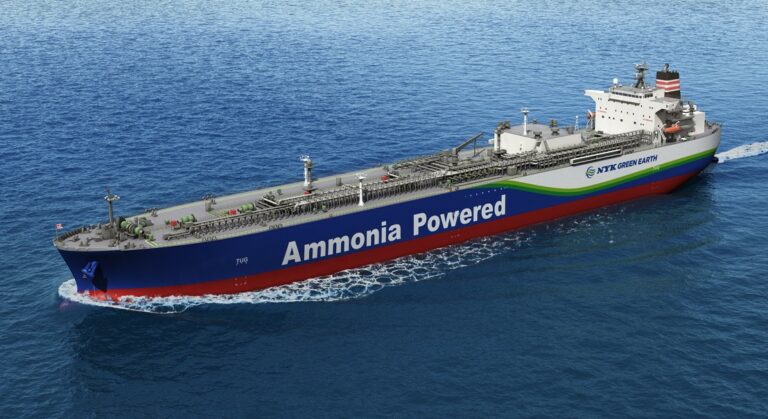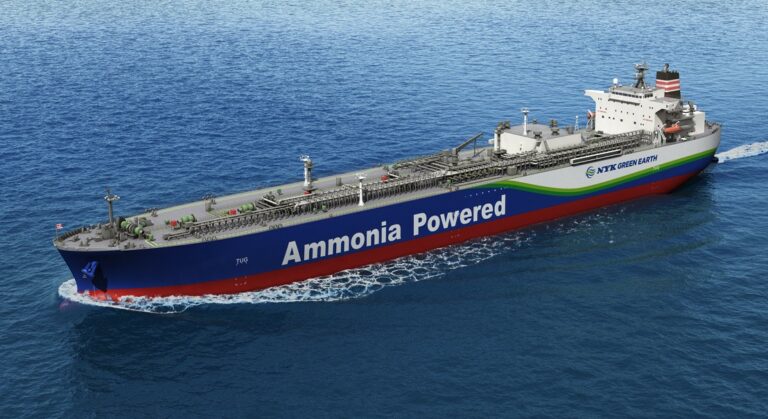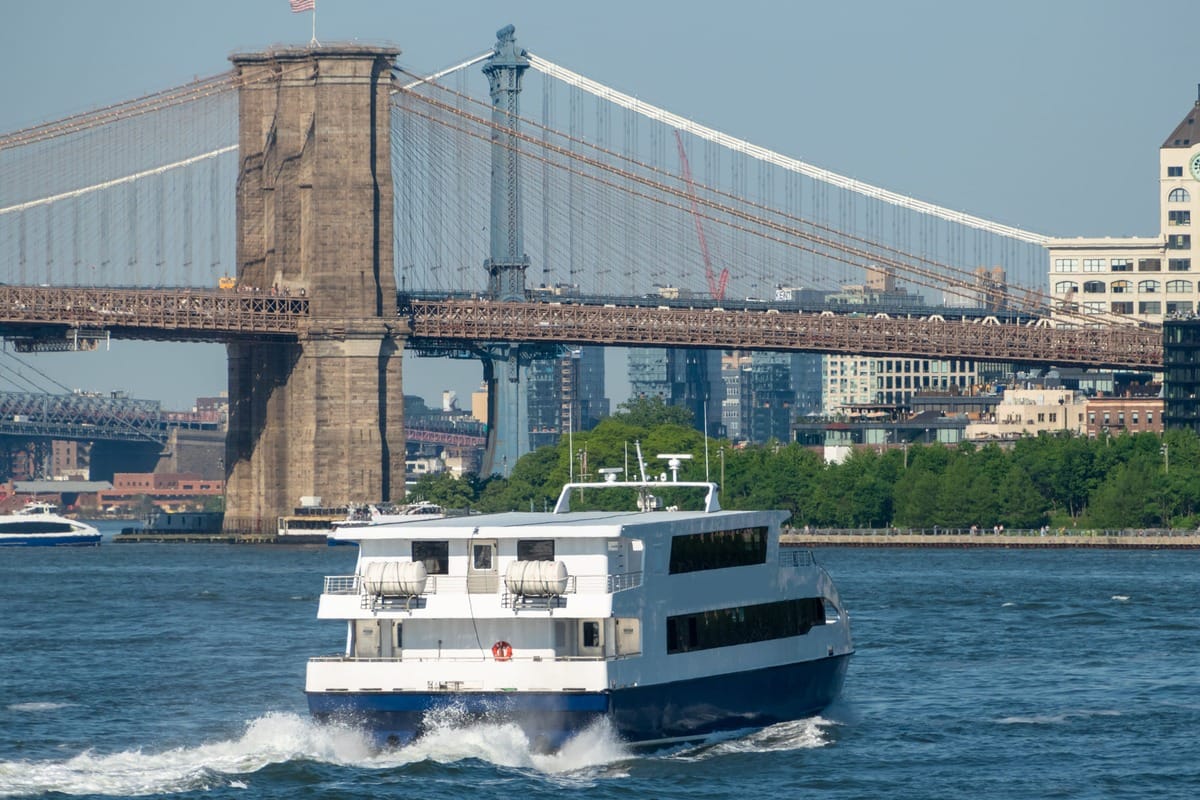The past few years have witnessed a significant increase in clean fuel-powered ships, with the global dual-fuel fleet currently standing at 2,119 vessels with a combined capacity of 123 million gross
The past few years have witnessed a significant increase in clean fuel-powered ships, with the global dual-fuel fleet currently standing at 2,119 vessels with a combined capacity of 123 million gross tons.

The world fleet of eco-friendly vessels featuring dual-fuel engines now represents 7.4% of the entire global fleet by gross tonnage, representing a huge rise from the 3.2% recorded in 2018, according to data provided by Intermodal.
As informed, 84% of this alternative fuel tonnage is LNG dual-fueled, consisting of 1,248 units with a total capacity of 102.93 million gross tons.
Moreover, the share of dual-fuel vessels in the global orderbook is steadily rising, climbing to 52%, from just 16% in 2018. The current dual-fuel orderbook totals 1,821 units with a combined capacity of 143 million gross tons; among these are 1,042 LNG dual-fuel vessels accounting for 103.74 million gross tons.
Related Articles
-
Clarksons: 45% of ships ordered in 2023 embrace alternative fuels, with LNG still in the lead
Business Developments & Projects
The rise in the green ship fleet seems to be prompted by the tightening regulatory landscape as well as by numerous financing opportunities enabled by the Poseidon Principles framework.
Launched half a decade ago, the Poseidon Principles is a global framework for financial institutions to assess and disclose the climate alignment of their shipping portfolios, aiming to promote decarbonization in the maritime industry. The set of guidelines aims at advancing the financing of environmentally sustainable ships and reducing the shipping industry’s carbon emissions. In the Poseidon Principles’ fifth Annual Disclosure Report, it was revealed that 35 banks from 14 countries have signed on, representing nearly 80% of the global ship finance portfolio.
Related Article
“The implementation of the Poseidon Principles is to the global ship financing portfolio progressing, reflecting a commitment to sustainable ship financing despite several challenges that need to be addressed,” as per Nikos Tagoulis, Senior Analyst at Intermodal.
“While the green transition in the shipping industry is gaining momentum, as evidenced by a growing share of environmentally friendly vessels within the fleet and orderbook, the declined recycling activity of the last years hinders fleet modernization. The pace of fleet demolition will be a critical factor to monitor in the coming year, as a potential rise in scrapping volumes could facilitate modernization and support further the green transition,” he concluded.
Related Article
-
BIMCO: 15,000 vessels set to be recycled by 2032
Market Outlooks
READ MORE
Content Original Link:
" target="_blank">


























































